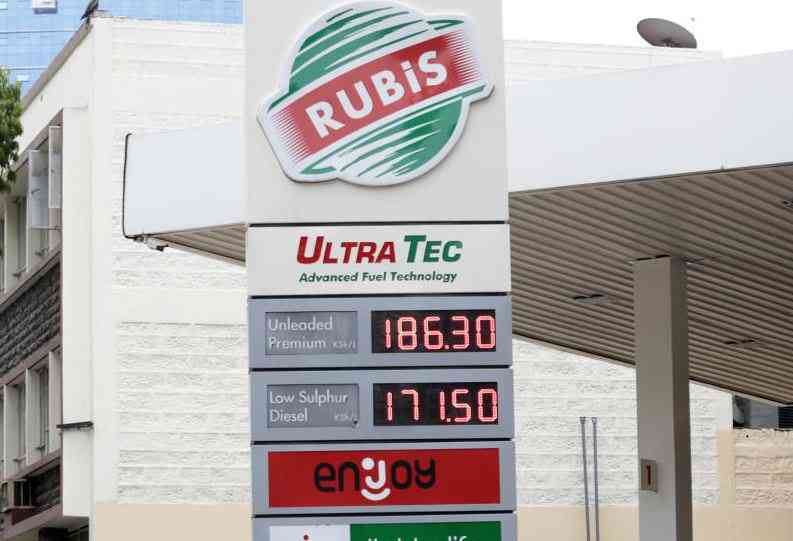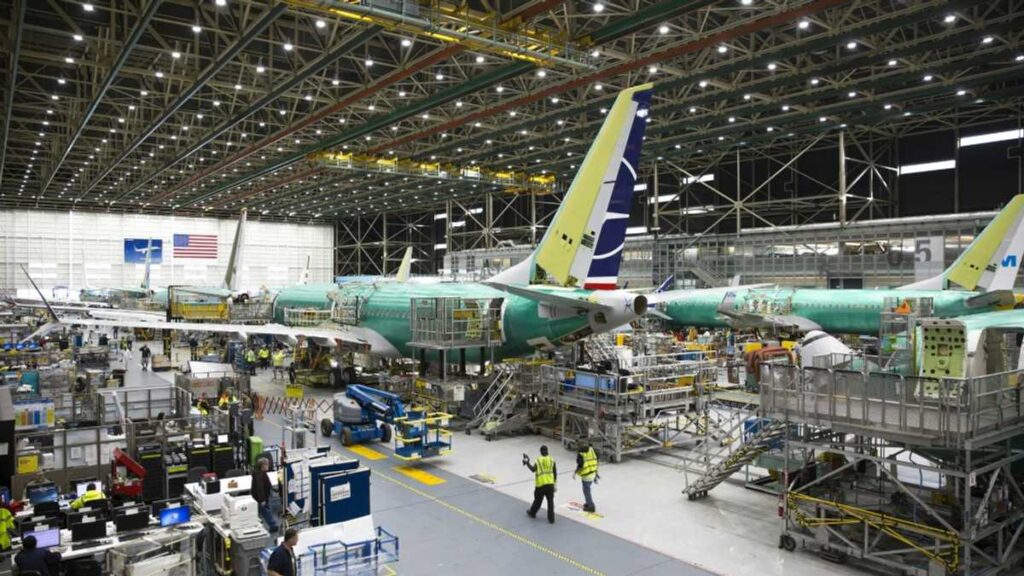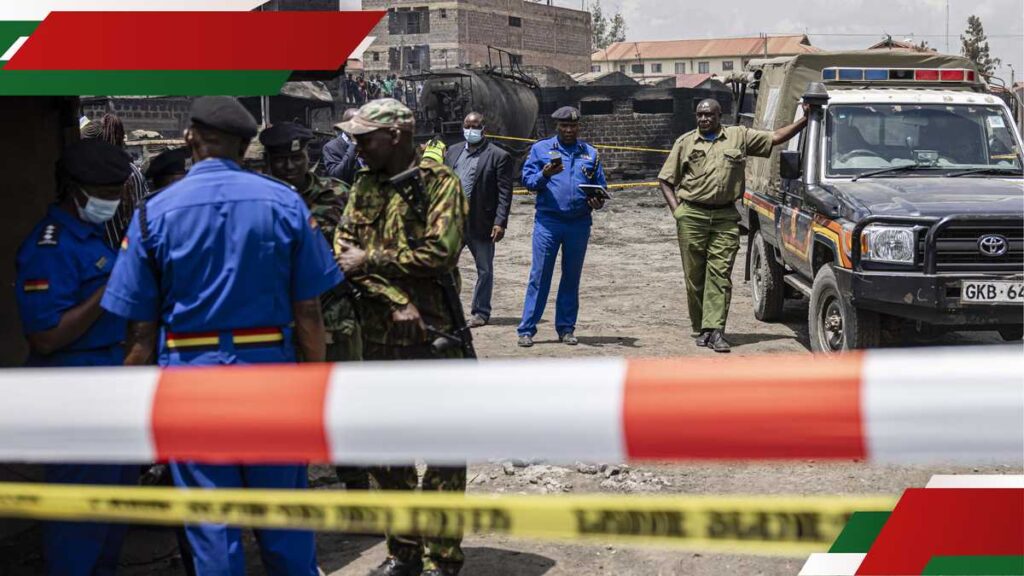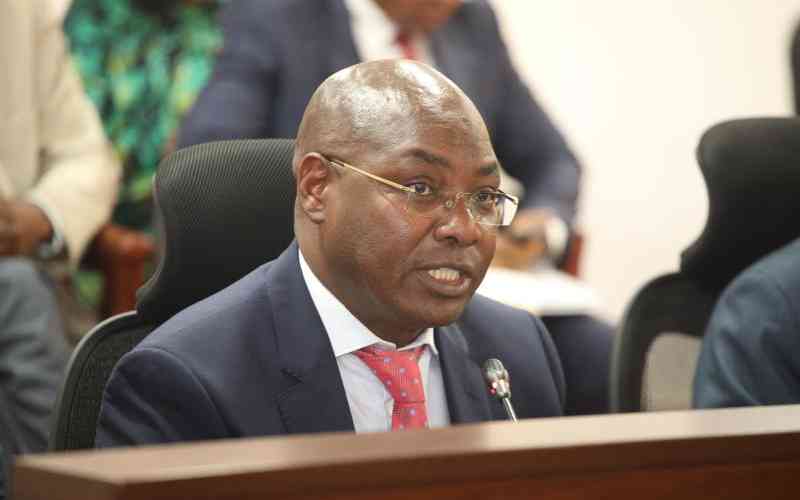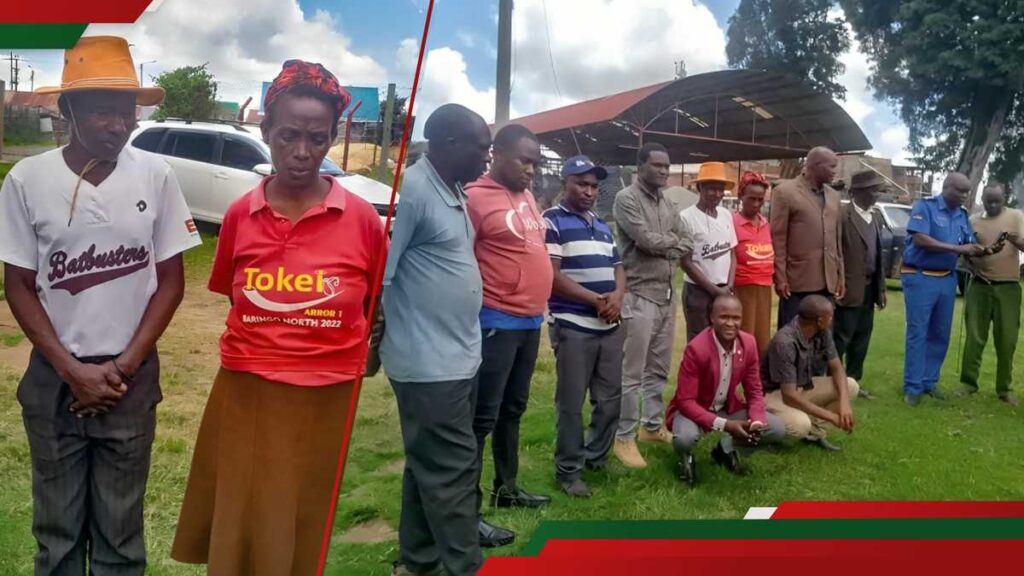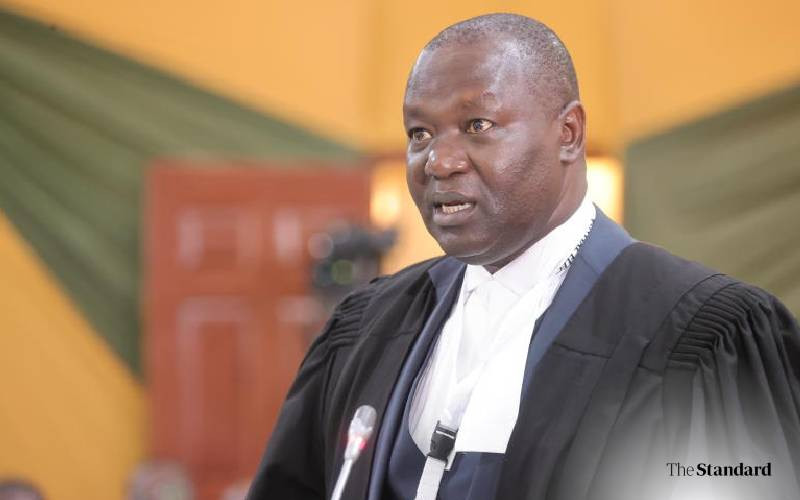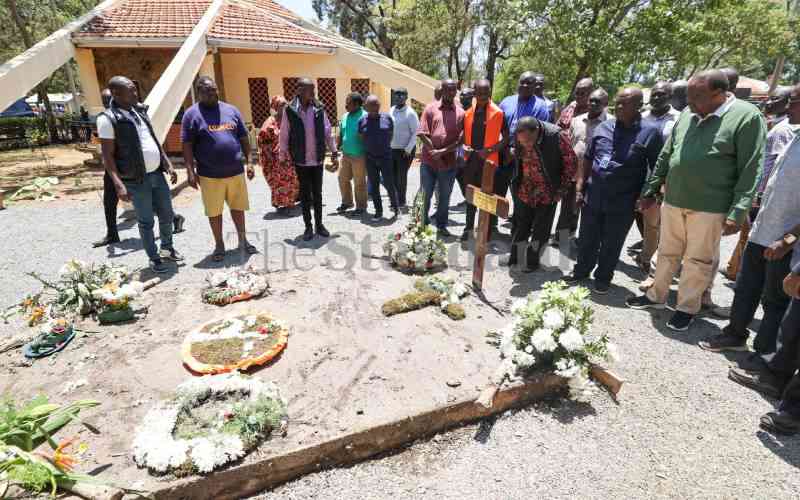Parliament has directed the Auditor General to audit operations of the National Oil Corporation, which they described as “technically insolvent”.
MPs also questioned the legality of NOCK’s Sh3 billion partnership with Rubis Energy Kenya. The National Assembly Public Investments Committee on Commercial Affairs and Energy chairperson David Pkosing decried financial mismanagement, rising debt and opaqueness in operations at the agency, observing that the audit would help save the state-run entity from collapse.
“The National Oil Corporation is no longer a going concerns. We are staring at a dead agency that can neither meet salaries nor sustain operations,” said Pkosing who emphasized on urgent intervention.
The Auditor General is required to look into the corporation’s dealings, with a focus on circumstances under which Rubis Energy was brought in as a strategic partner. It will also assess the financial and legal implications of the partnership, including whether the Sh3 billion capital injected by Rubis to boost NOCK’s operations constitutes a loan and if it was guaranteed by the National Treasury.
The audit is to be tabled before Parliament by August 14, 2025.
The House team revealed that NOCK was reeling under the weight of a Sh7.4 billion debt where KCB bank is claiming Sh3.4 billion and Stanbic Bank Sh2.9 billion. According to documents tabled before the committee, the agency has also been unable to meet its recurrent expenditures, including staff salaries and maintenance of its fuel stations raising serious concerns about its sustainability.
The documents further revealed that NOCK had leased its retail infrastructure to third-party retailers, as questions on the rising implications of the Rubis Energy agreement, continue to abound. The MPs thus sought to establish how NOCK, established in 1981 to represent government interests in the oil sector and ensure national energy security, had degenerated into a pale shadow of its former self.
As a result, the audit will seek to examine the process and legal basis of onboarding Rubis Energy Kenya, determining the financial nature of the capital provided, whether it is a loan, and if so, its terms, interest rate, securities involved, and whether it is backed by a government guarantee. It will also assess the impact of the Rubis deal on NOCK’s existing contracts with other retailers and reviewing any other relevant information that may shed light on the state and future of the Corporation.
In the interim, the House team called for the immediate suspension of the execution of NOCK’s agreement with Rubis one month, pending the outcome of the special audit.
“We must interrogate whether bringing in Rubis without equity participation was the best solution, or just another short-term fix that exposes the Corporation and taxpayers to greater risk,” added Pkosing.








